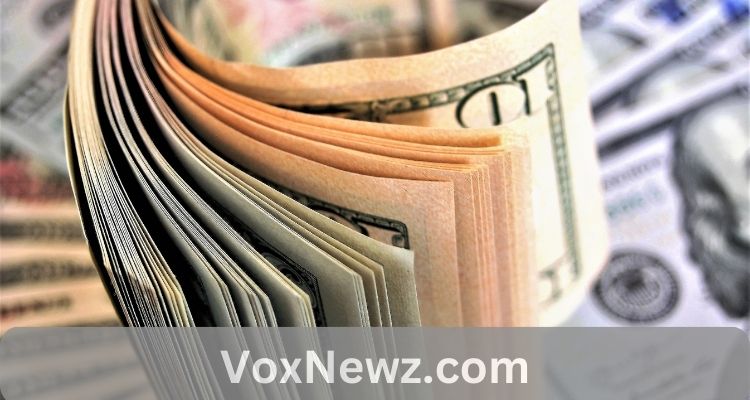Currencies are exchanged on the Forex market. Currencies allow us to buy products and services both domestically and internationally. Foreign trade and commerce need the exchange of national currencies called fx trading.
If you’re an American in the United States and want to buy some cheese from France, you or the firm you bought the cheese from will need to pay the French in euros (EUR). U.S. importers would have to convert the equal amount of dollars into euros.
Similarly, when you travel. Euros are not accepted in Egypt; thus, a French visitor cannot pay to visit the pyramids with them. The traveller must convert their Euros to Egyptian Pounds at the present exchange rate.
One distinctive feature of this global market is the lack of a centralised marketplace for foreign exchange. Instead of relying on a single centralised exchange, currency trading is handled electronically over the counter (OTC), meaning that all transactions occur over computer networks among dealers worldwide. Currencies are exchanged around the clock in the world’s biggest financial cities, open 24 hours a day, five and a half days a week.
Direct Trade
The spot market for fx trading has been the most active since it deals in the most liquid actual asset underpinning the forwards and futures markets. The forwards and futures markets used to have more trading volume than the spot markets, but now the opposite is true. However, electronic trading and the proliferation of forex brokers have boosted trade volumes in the foreign exchange spot markets.
Currencies are purchased and sold on the spot following their current market value. That price is based on supply and demand, which in turn is decided by several variables such as interest rates, the state of the economy, public opinion on various political issues both at home and abroad, and expectations for the future value of one currency relative to another. Fly deals are agreements reached on the spot. A currency swap is a bilateral transaction in which one party sends an agreed-upon quantity of one currency to the counterparty in return for an equal amount of the other currency, both currencies being valued at the agreed-upon exchange rate. When a trade is completed, the closing settlement is paid in cash. Despite the name, trades on the spot market often settle two days after they are made.
Markets for the Future and the Present
Two parties enter a forward contract to acquire currency at a specified future date and price in the over-the-counter (OTC) markets. An agreement to accept delivery of a currency at a future date and a set price is referred to as a futures contract. Futures trading is conducted exclusively on regulated exchanges, not over-the-counter.
In the forwards market, parties negotiate the terms of their contract over the counter. Futures contracts are traded on public commodities exchanges like the Chicago Mercantile Exchange and have a specified size and settlement date (CME).
The futures market in the United States is governed by the National Futures Association (NFA). The minimum price increments, number of traded units, and delivery/settlement dates are all fixed in futures contracts. The exchange provides clearance and settlement services and functions as a counterparty to the trader.
Both contracts are legally binding and are paid in cash at the relevant exchange upon expiration (although contracts can also be bought and sold before expiration). There is an opportunity for risk mitigation in currency trading through the forwards and futures markets. Large multinational firms sometimes participate in these markets by hedging against potential variations in the value of the currency they trade.
Also Read: Nashville-Based XSOLIS Silicon and BTC Media







